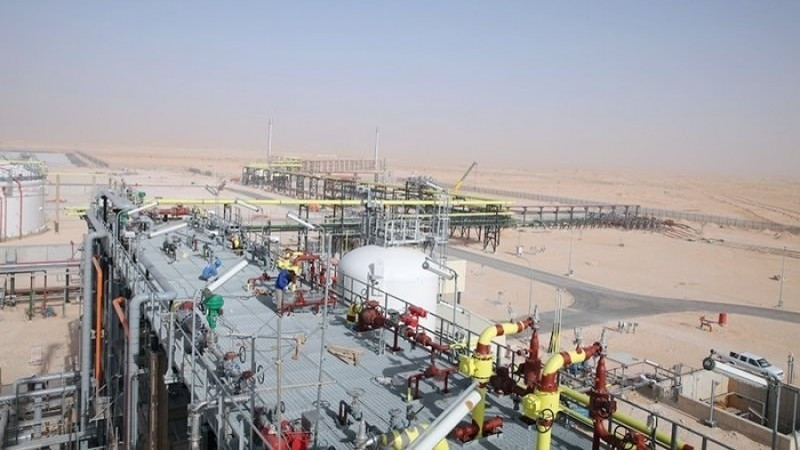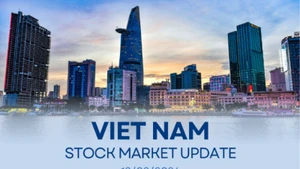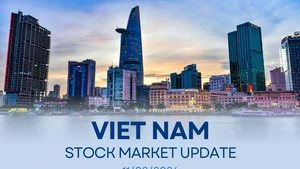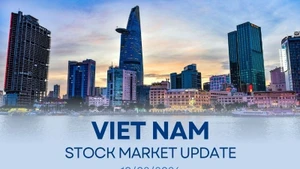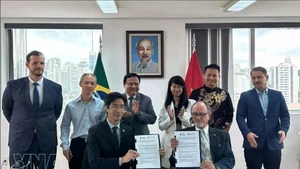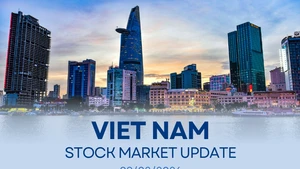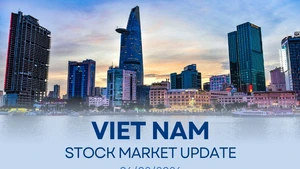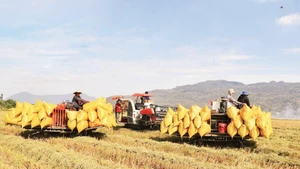In the global market, Algeria is an important producer and exporter of natural gas (ranking fifth in production and second in exports) and oil (ranking 13th in production and ninth in exports). Algeria is currently actively promoting economic diversification and the reduction of dependence on oil.
Over the past 60 years, the traditional friendship between Viet Nam and Algeria has continued to grow. The two countries have expanded cooperation across various fields, with economic and trade ties being a significant highlight.
From the 1960s to 2000, bilateral trade remained modest, with very few items exchanged and transactions carried out mainly within the framework of Viet Nam’s debt repayment arrangements. However, since 2001, the value of two-way trade has increased significantly with the participation of many private enterprises.
In the first ten months of 2025, import–export turnover between Viet Nam and Algeria surged by more than 200% compared with the same period in 2024, reaching nearly 500 million USD.
Viet Nam’s main exports to Algeria include coffee, cashew nuts, pepper, seafood, chemicals, footwear, textiles and garments, and steel, while Algeria’s exports to Viet Nam include computers, electronic products and components, carob powder, chicken feet, and animal feed. Algeria is currently seeking import customers for other agricultural products such as dates and olive oil.
Viet Nam and Algeria have signed a bilateral trade agreement, most recently in 1994. In recent years, the two sides have held many in-person and online seminars to connect Vietnamese and Algerian businesses. Agencies and enterprises of both countries are showing increasing interest in each other's markets and have been regularly participating in major international fairs and exhibitions such as Vietnam Expo, Vietnam Food Expo, and the Foire Internationale d’Alger.
The two countries have also expanded cooperation into the field of oil and gas exploration and production in Algeria. The tripartite joint venture between the PetroVietnam Exploration Production Corporation (PVEP), a member of the Viet Nam National Oil and Gas Group (PETROVIETNAM); the Algerian National Oil and Gas Company (Sonatrach); and the Thai oil and gas exploration and production company PTTEP was established in 2009 and operates at the Bir Seba oil field in the Hassi Messaoud area of Ouargla Province, more than 600 km south of Algiers.
From the receipt of the first oil flow in August 2015 until the end of 2024, the company’s total output has reached nearly 57 million barrels. In the first months of 2025, actual production stood at around 17,500 to 18,000 barrels per day. The Bir Seba oil and gas project has become a symbol of successful cooperation and a highlight of the bilateral relations between Viet Nam and Algeria.
Beyond oil and gas, cooperation potential between Viet Nam and Algeria could be expanded to agriculture, pharmaceuticals, information technology, and digital transformation. Viet Nam is ready to share its agricultural development experience, while Algeria has strengths in energy resources, minerals, and a strategic position in North Africa.
The Algerian Government is calling on Vietnamese enterprises to invest in potential sectors such as agriculture, agricultural processing, aquaculture, textiles and garments, tourism, logistics, mineral exploitation, pharmaceutical production, functional foods, construction, and manpower supply.
With their respective strategic geographical positions, Viet Nam and Algeria are expected to capitalise on their roles as regional gateways, enabling goods from each country to enter the other's markets more deeply, as well as neighbouring markets in Africa and Asia.
